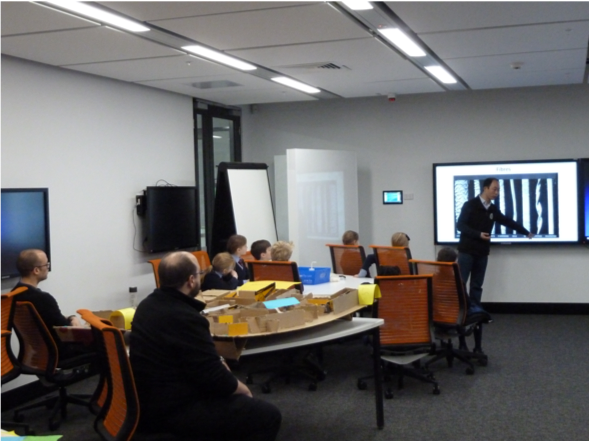
SEPS Research
SEPS Research
The SEPS professional learning program is informed by other professional development programs delivered through Deakin, and the professional development literature. There are two parts to the evaluation of the SEPS program:
1) evaluating each of the three components of the program in 2020 to examine the immediate effects of the program on teacher and student attitudes and engagement with STEM and Entrepreneurship; and
2) case studies of 3-5 schools between 2020 and 2021 to ascertain changes in attitudes, perceptions and knowledge in relation to STEM and entrepreneurship.
Different approaches to STEM in schools
A range of models of implementation were employed by the schools to implement STEM teaching and learning. These varied in relation to:
Degree of embeddedness within the school’s structures (timetabling, curriculum, teacher roles)
Degree of teacher collaboration (team or sole planning/implementation)Schools can adopt multiple models.
We propose that more embedded and collaborative models potentially lead to more sustainable STEM implementation. This is to be further investigated.
Research output from the 2018 SEPS program:
Xu, L., Campbell, C. & Hobbs, L. (2019). Changing STEM and Entrepreneurial Thinking Teaching Practices and Pedagogy through a Professional Learning Program. In Y.-S. Hsu & Y.-F. Yeh (Eds), Asia Pacific STEM Teaching Practices (pp. 139-155). Singapore: Springer.
https://link.springer.com/chapter/10.1007/978-981-15-0768-7_9
Campbell, C., Hobbs, L. & Xu, L. (in Press). The role of the Maker Faire in STEM engagement: Messages for teacher professional development. In A. Fitzgerald, C. Haeusler, & L. Pfeiffer (Eds), STEM Education in Primary Classrooms: Unravelling Contemporary Approaches in Australia and New Zealand. Routledge. Book

